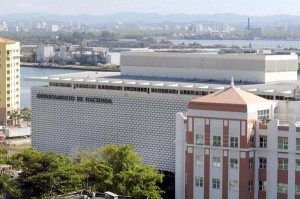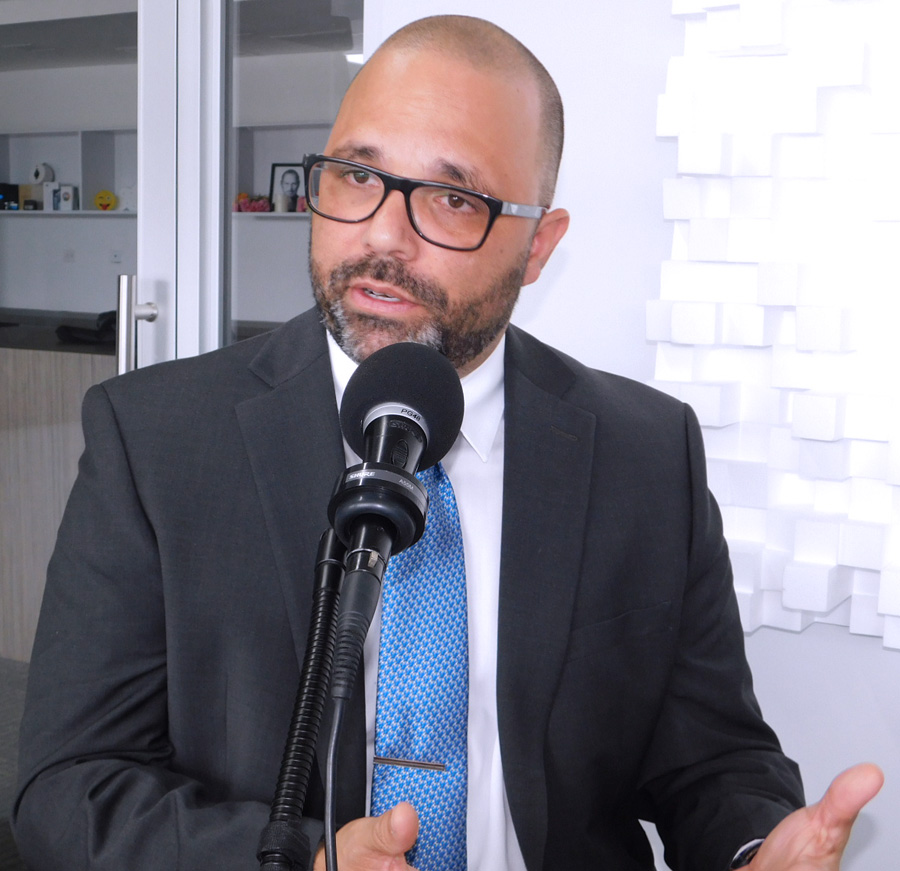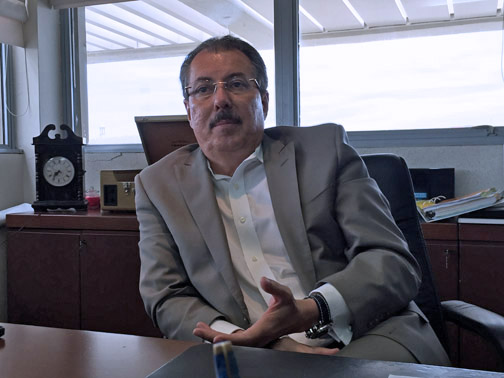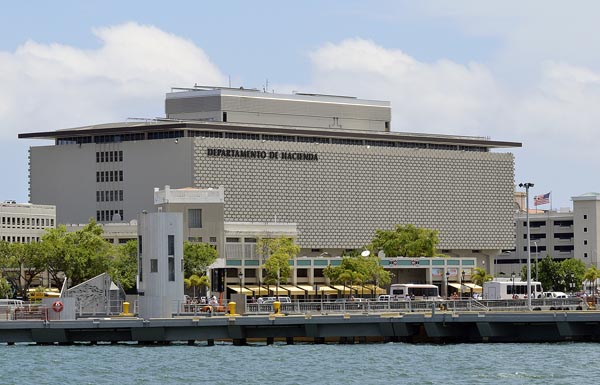Zaragoza: Oversight Board needs to defend Law 154


The statute allows the government to shore up about $2 billion in tax revenue from about 20 pharmaceutical companies doing business in Puerto Rico. (Credit: © Mauricio Pascual)
The government of Puerto Rico is counting on the Financial Oversight and Management Board for Puerto Rico to fight for the permanence of Law 154, passed in October 2010 as an amendment to Puerto Rico’s Internal Revenue Code that places an excise tax on sales generated by local subsidiaries to their international parent companies.
The statute allows the government to shore up about $2 billion in tax revenue from about 20 pharmaceutical companies doing business in Puerto Rico.
The tax — which applies to companies whose sales revenue reach $75 million — starts at 4 percent during the first year and is reduced every year. The law is expected to expire this year, but because the U.S. Internal Revenue Service has not decided whether it will eliminate the benefit allowing foreign companies doing business in Puerto Rico to take a credit for the excise tax imposed through Law 154, the issue remains in limbo.
“The federal government is very uncomfortable with that credit because it believes it could be replicated by other countries, which could end up costing them more,” Zaragoza said. “We need for the IRS to give us between three and five years leeway for us to be able to shift that tax to other categories.”
The companies that pay taxes under Law 154 also pay income tax and withholding taxes from royalties. The federal government grants companies tax credits for all three categories, which add up to about 15 percent of revenue.
Of the 20 or so companies under Law 154, about half of them account for about 80 percent of the $2 billion collected.
“It’s a concentration risk, but when it comes to negotiating, it’s easier. They have said if they pay 15 percent now split in three, they would be willing to a phase out of Law 154 and a shift to the other two taxes if their obligation remains at 15 percent,” Zaragoza said. “That move has to be done because the risk of Law 154 going away is very serious for government collections.”











